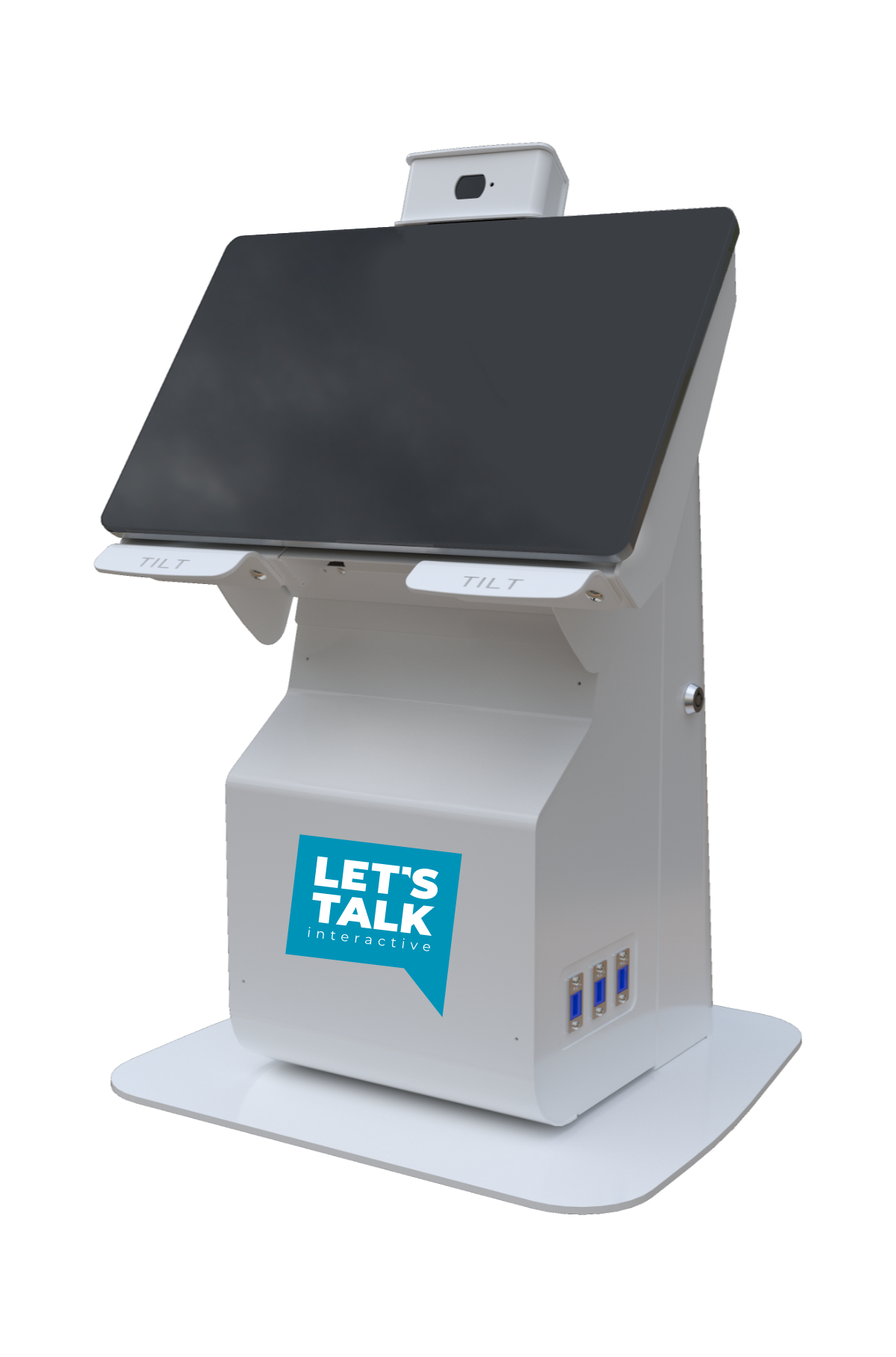
The medical/healthcare segment is expected to be the fastest-growing end-user segment for the adoption of self-service technologies. Solutions like self-service kiosks can be leveraged for a variety of purposes such as appointment check-in, secure patient identification, real-time demographics verification, real-time eligibility checks, consent form viewing and e-signature, outstanding balance and co-pay collection, alert notifications, facility directions, and ordering prescription refills.
A self-service kiosk is an interactive screen that allows patients to complete tasks without the help of a physician or other healthcare professional. These tasks include submitting insurance forms, checking in for appointments, and updating their patient information. Self-service kiosks are becoming increasingly popular because they are convenient for both providers and patients.
Here are some of the benefits of self-service kiosks in healthcare
Eliminates Cumbersome Paperwork
Patients often have to complete cumbersome paperwork when they check in for appointments. The patient may be asked to fill out forms such as demographic information and insurance information, which can take up valuable time that the physician does not always have.
A self-service kiosk allows patients to submit this same type of paperwork without needing assistance from a healthcare professional. This can save time and energy for both the patient and healthcare provider.
Great Customer Experience
Since healthcare providers are often extremely busy, it is helpful to have a tool that allows them to focus on their top priorities while also providing great customer service.
Utilizing self-service kiosks can help you reduce the number of patients who leave without having seen a physician because they were left waiting for too long due to slow check-in times or long wait times. This further increases your patient satisfaction score.
Kiosks are also helpful in reducing patient frustration due to scheduling since they are able to schedule their own appointments with ease.
Empowering Patients
Patients are empowered by the ability to complete their own tasks on a kiosk. This can be particularly helpful for patients who do not speak English as their first language or have limited English literacy skills, allowing them greater independence in completing important tasks on their own in their native language.
Having more options like self-service kiosks in healthcare empowers patients while also providing greater flexibility for health care workers.
Cost-Effective
Self-service kiosks often prove to be cost-effective because they allow healthcare providers and their staff to spend less time on simple tasks that can be completed by the patient, allowing them more time with patients who have complex needs.
What Are Some Drawbacks?
While self-service kiosks are a great addition to the healthcare industry, in order for them to be utilized effectively and safely, it is important that they have strong security measures as well as accuracy verification so patient data is protected from hackers or mistakes due to inputting information incorrectly.
Additionally, patients should have a variety of options for utilizing the kiosks such as screen brightness, language, and text size. This is especially helpful for those who may struggle with using the technology.
Here are the most common concerns with self-service kiosks and how to solve them:
- Security of private information - Solved through a HIPAA compliant kiosk.
- Accuracy of inputted patient data - Solved through easy-to-use interfaces.
- Slow response time - Solved through leveraging a platform that is accessible via 3G and above connectivity
- Difficulty reading screen for older patients - Also solved through easy-to-use and read interfaces.
Looking for a secure, customizable self-service kiosk for your facility? Let’s Talk Interactive can help. Contact us today to get started.